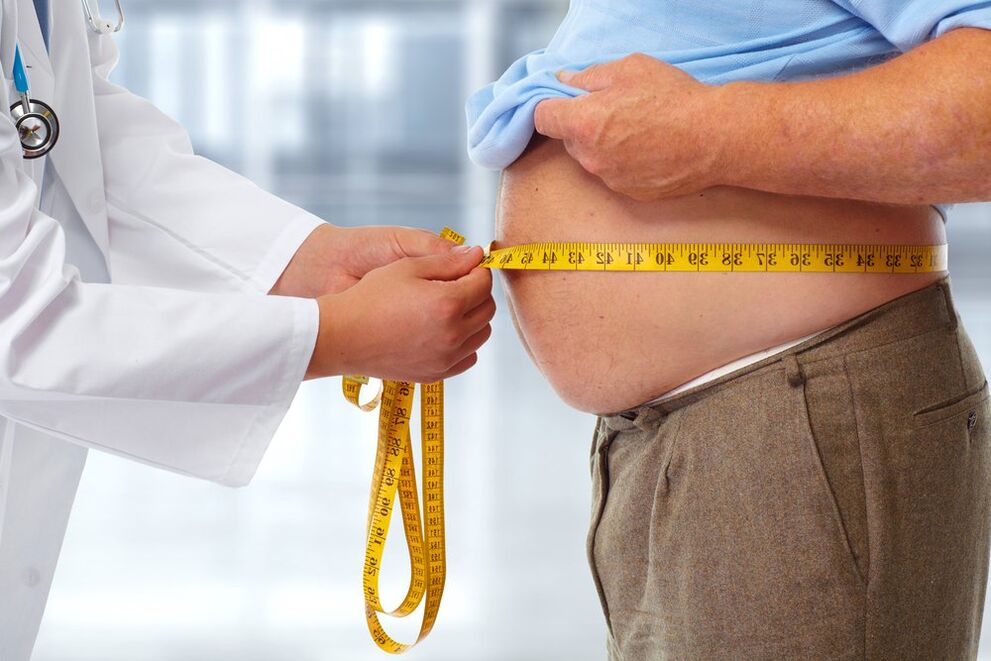The minds of millions of people around the world are occupied with the best diet that can help you lose weight while consolidating the result. Doctors are sounding the alarm bells as the number of obese people is increasing every day. How to get out of the vicious circle "work-sofa-fridge" and get back in shape?
Where does excess weight come from?
The incidence of obesity in a civilized society is becoming more common, despite the absence of changes in genes, i. e. heredity. A modern person no longer needs to hunt a mammoth to feed himself and his family. After all, all you have to do is dial a phone number, and the pizza delivery guy will be knocking on the door in a few minutes. New electronic and other technologies have made life much easier for today's Homo sapiens. Many people are engaged in mental work, spending most of their time in a stationary position, which disrupts the energy balance in the body, that is, the balance between energy taken in - caloriesreceived and spent.
Improper nutrition only exacerbates this process, and given that eating habits are formed in childhood, it turns out that an adult himself suffers from excess weight and involuntarily provokes its appearance in hischildren. Obesity affects entire families and this trend is only growing.
Here are the most common causes of being overweight:
- Sedentary lifestyle, hypodynamia.
- Chronic fatigue, stress.
- Lack of sleep. Few people know that lack of sleep leads to overeating, and it is a direct path to obesity.
- Heredity.
- Endocrine diseases - hypothyroidism, etc.
- Psychological eating disorder.
- Take certain medications, such as hormonal contraceptives.
Obesity is becoming a real problem and it is not a matter of aesthetic appeal. It is one of the most common causes of death in the world today. Doctor of Medicine and Philosophy Saori Sakaue, together with his mentor, Professor Yukinori Okada, conducted a study and found that blood pressure and obesity directly affect life expectancy. The results were presented at the 2019 Annual Meeting of the American Society for Human Genetics in Houston, Texas.
Why Diets Don't Work

Many weight losers who have tried a variety of nutrition systems can't figure out why even the most effective diet doesn't work? Indeed, it often happens that the chosen method of losing weight almost instantly helps a person get rid of excess weight, but as soon as he returns to his usual way of life, the loss returns, often taking with itextra pounds. A person falls into a vicious circle, he experiments on himself and his health, but this only aggravates the existing situation.
Here are the most common causes of these issues:
- reduction of caloric content to critical levels. Normally, a person, depending on gender, needs 2500-3500 kcal per day. A decrease in daily calorie intake to 1500 kcal or less leads to a significant lack of nutrients. The body cannot exist for long in such a regime, which inevitably leads to breakdowns and a return to normal;
- total exclusion of any product. Some diets prescribe the rejection of fatty or carbohydrate foods. But to maintain a normal life, the body needs both proteins, fats and carbohydrates. The refusal of anything is fraught with unpleasant consequences. For example, a keto diet can lead to ketoacidosis, a serious condition associated with intoxication and dehydration. Yes, such a diet is practiced for some diseases, but this process is strictly controlled by a doctor;
- non-compliance with meal times. Good nutrition includes meals divided into small portions, which is far from accidental. In this condition, the digestive system works like clockwork, it is not overloaded and the body does not starve, which means that the risk of overeating is reduced to zero;
- moral torture. If the chosen diet promises weight loss of 10 kilograms or more, the person is ready for anything. He tortures himself mentally, completely refusing his favorite foods. And the result of this approach is a - a breakdown.
How to choose the most effective diet?

So it turns out that the most effective diet is one that can be followed for a lifetime. This is exactly what nutritionists believe, who promote adequate and rational nutrition. Therefore, it is necessary to change the very approach to the choice of products, the method of cooking, the time of its consumption, etc. If you cannot do it yourself, it is better to seek help from a competent specialist, because often a person does not understand what he is doing wrong. Sometimes a single refusal of a late dinner is enough to get the process off the ground.
It should not be assumed that all overweight people eat fast food and ready meals. They may eat the same food as everyone else but still gain weight. Someone thus grasps stress, and someone simply suffers from a concomitant disease, for example, diabetes, but does not yet know about it. The approach here should be complex and diet therapy is just one of them. According to American psychologist Tracy Mann, popular diets are generally useless in the fight against excess weight. The very first thing to do is to calculate the usual calorie content of the diet and reduce it by 500 kcal below the adequate energy requirement.
In addition, it is recommended to increase your physical activity without fail. What kind of sport it will be - it is up to the person, because a positive result will be noticeable only under conditions of regular classes, which means that the load should be pleasant, bring pleasure. Not everyone likes to carry heavy weights in the gym, and besides, many are embarrassed by their bodies. They can try their hand at water sports - water aerobics, aquacycling.
Many people today practice Nordic walking, and this sport has practically no contraindications and is suitable for both the elderly and obese people who need to protect their joints. Only in such conditions will the weight begin to drop. Drug treatment and psychotherapy will complete what has been started, but this is with the obligatory participation of a doctor. He can also decide on the surgical treatment of obesity.

































